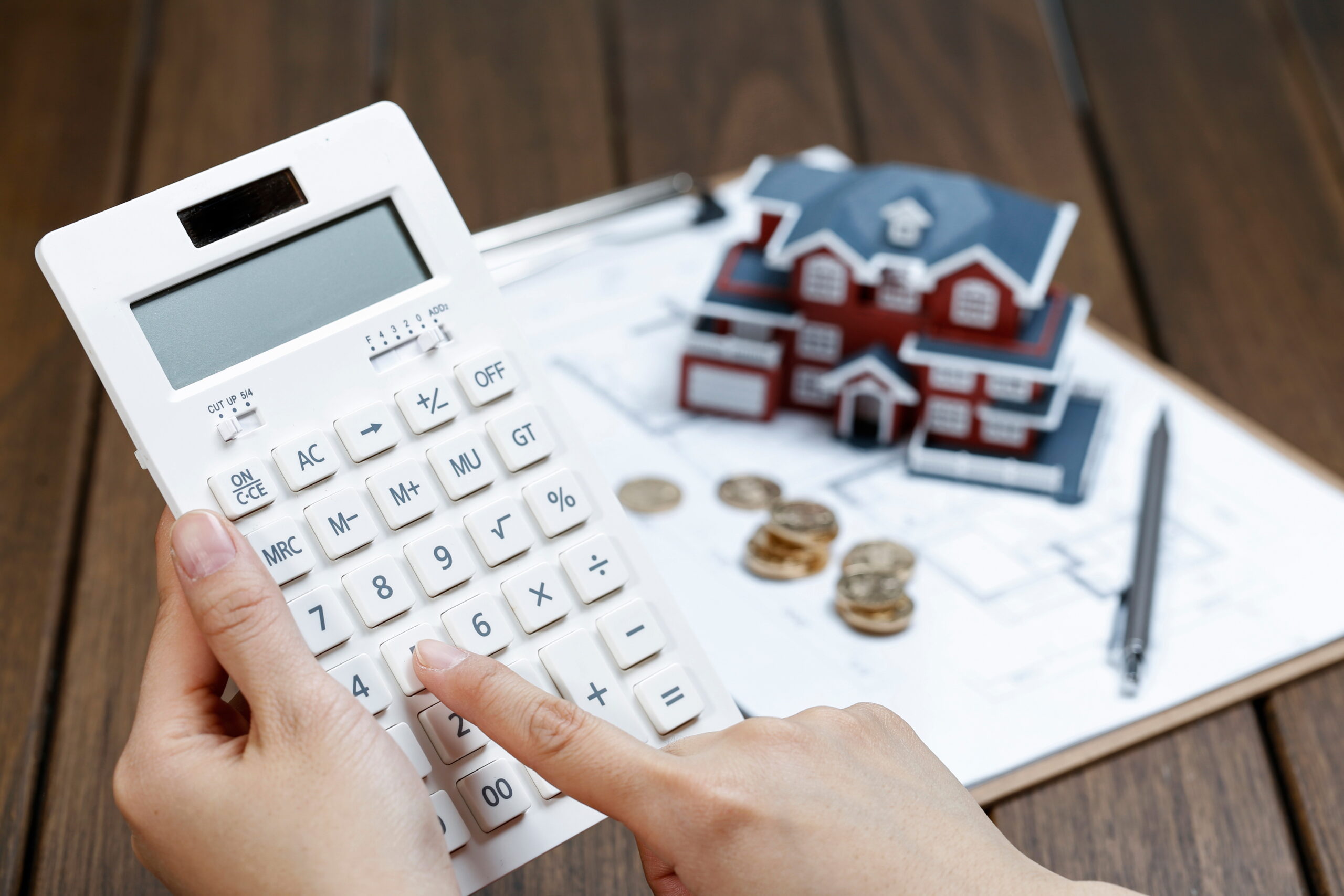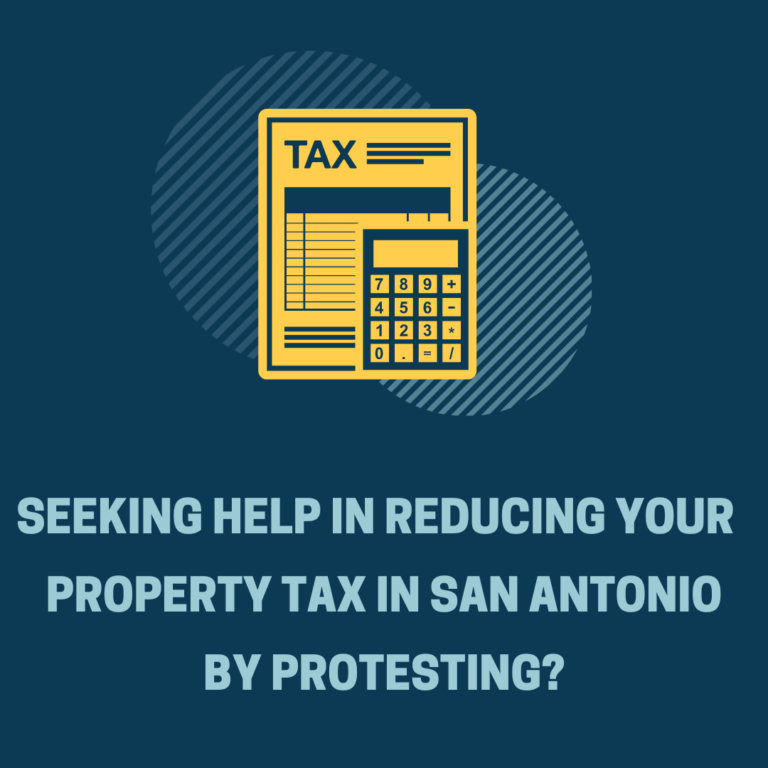
San Antonio is a big city with a charming small-town vibe. It has a rich culture and history, with attractions such as the Riverwalk, Alamo, and San Antonio Museum of Art. The cost of living here is comparatively lower than in other major US cities. It’s a popular choice among professionals due to the diverse job opportunities available across various industries.
If you are a homeowner, business owner, or someone who is considering buying a property in San Antonio, understanding the property tax rates in San Antonio becomes essential. In this blog, we will delve into San Antonio’s property tax system, explore how it is calculated, and provide insights into how much you can expect to pay.
Understanding San Antonio’s Property Tax System
The city of San Antonio is situated in Bexar County. San Antonio, similar to other Texas cities, utilizes a property tax system to generate funds for local services like infrastructure, schools, public safety, and more. Every year, government officials carefully assess the county’s budget and operational requirements. They also analyze the amount of debt owed and evaluate repayment obligations. Based on this data, a property tax rate is set, applicable to all the properties within the county.
To charge tax on properties, the taxation system utilizes the assessed value of your property, which is determined by the Bexar County Tax Assessor-Collector’s Office. It is a governmental agency that appraises all residential and commercial properties within Bexar County, Texas for taxation purposes.
The assessed value of a property is influenced by factors such as property size, location, condition, and the sales prices of comparable properties in the vicinity. The BCAD appraisers provide property owners with an appraisal notice containing the assessed value of their property on which tax is calculated. If the property owner doesn’t agree with the property value assessed by the BCAD, they hold the right to protest against it.
San Antonio’s Property Tax Rates
The tax rate is set by the taxing authority and is typically expressed as a percentage. The city’s tax rate varies from year to year based on the city’s financial needs.
In 2021, the tax rate was 34.677 cents per $100 of taxable value for maintenance and operations, whereas, for debt repayment, it was set at 21.150 cents per $100 of taxable value.
As of fiscal year 2023, the property tax rate in San Antonio is 54.161 cents per $100 of taxable value. This property tax rate is made up of two components:
- Maintenance and Operations (M&O) tax rate: 33.011 cents
- Debt Service tax rate: 21.150 cents
It is worth noting that the taxable value of the property, often known as the assessed value, is different from the market value of the property. In general, the assessed value is lower than the property’s market value.
Other than the tax levied by the county’s government officials used to support essential services, the property tax in San Antonio consists of two other components- School tax, which supports the operation and maintenance of public schools, and Municipal tax, allocated for the municipal government. All these taxes are typically combined and charged to property owners as part of the property tax.
In San Antonio, the effective property tax rate is approximately 2-3%. To determine the property tax bill, you can multiply the assessed value of your property by this tax rate. You can use a tax calculator that incorporates local tax rates to generate accurate property tax calculations without the risk of errors or miscalculations.
City of San Antonio Property Tax Exemptions
In Bexar County, many property owners are eligible for certain property tax exemptions like homestead exemption, or disabled veteran exemption, which allows them a deduction from the taxable value. For example, if the home’s taxable value is $100,000 and you have a $5,000 homestead exemption, you’ll be taxed on $95,000 of your home’s value.
Hare are the specific property tax exemptions the city provides to certain properties:
- Residence Homestead Exemption: Property owners who have a residence homestead are eligible for a 10% exemption of their home’s market valuation.
- Over-65 Exemption: Property owners who are 65 years of age or older and declare their primary residence as their homestead may be eligible for an exemption of up to $85,000 on the taxable valuation of their property.
- Disabled Residence Homestead Exemption: A disabled individual who meets the defined criteria may be eligible for an exemption of up to $85,000 for their disabled residence homestead.
To avail of any of the tax exemptions, you need to apply to the Bexar Appraisal District. The deadline for applying for a tax exemption is May 1st annually. Visit the Bexar County Tax Office website for a list of all tax rates and exemptions in Bexar County.
Property taxes are not meant to be intimidating. When you understand the process, everything becomes super easy. It’s crucial to recognize that tax rates can fluctuate based on factors like local budgets, property assessments, and economic conditions. It is best to stay informed, such that you can spot any errors in the assessment process and taxes imposed. Still, if you face any such unjustified scenarios, professionals at Alamo Ad Valorem can help you successfully exercise your right to protest, ensuring correct processes are followed from beginning to end.



